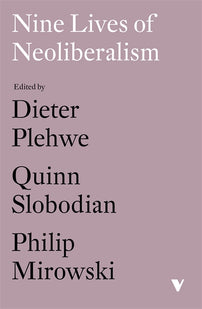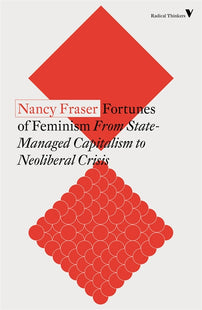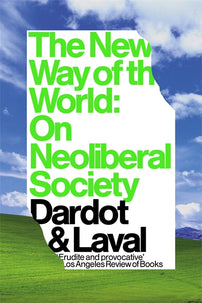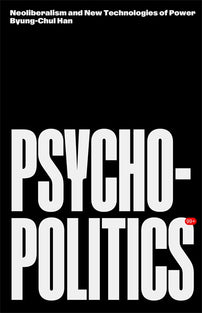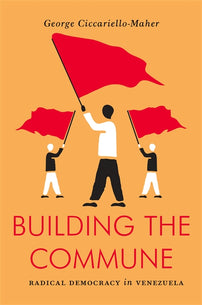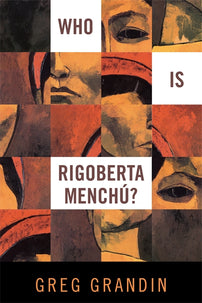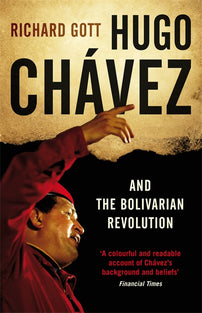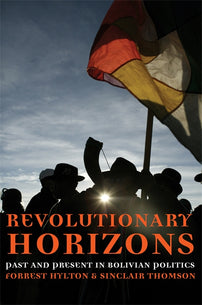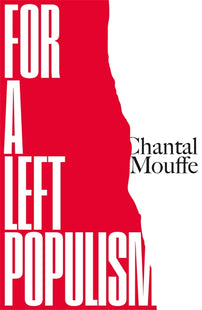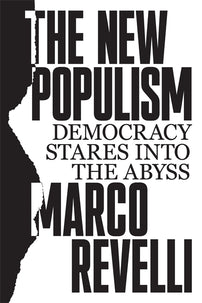Thinking The Great Recoil from the Margins
As part of our roundtable on Paolo Gerbaudo's The Great Recoil, Gabriel Hetland writes about populism, sovereignty, and what the US and European lefts can learn from comrades in Latin America.

Gabriel Hetland
How can the Left navigate the altered politics of a post-populist, pandemic-inflected world in which the old certainties that have structured political life for decades have been shattered? This is the focus of Paulo Gerbaudo’s lively and timely new book, The Great Recoil. The starting point is the fall of neoliberal truisms – that the market will solve all, and the best state is the least state – in the wake of the Coronavirus crisis. After the manifest failure of private businesses to provide basic goods like masks, gloves, and adequate testing, who can believe free markets are omnipotent? Similarly, with states around the world spending at unprecedented levels it would appear Bill Clinton’s ‘the end of government as we know it,’ has come to an end (at least temporarily).
The question is, what comes next?
Drawing on an impressive range of voices – Hegel, Hobbes, Schmitt, Gramsci, Polanyi, and more – Gerbaudo surveys the lay of the land and attempts to chart a path forward for the Left. Gerbaudo notes that the vacuum left by the fall of neoliberal hegemony was first filled by right-wing nationalist populism. As this formation runs into crisis – due to the manifest failure of Trump, Boris Johnson, Jair Bolsonaro and others to mount anything approaching an effective response to Covid-19, and the realization that right-wing populism remains wedded to key tenets of neoliberal orthodoxy – there is an opening for the Left.
Navigating this opening requires taking stock of the neo-statism that Gerbaudo perceives as the dominant element in politics in the United States and Europe today. The Hegelian metaphor of the Great Recoil characterizes this moment: “The Great Recoil is the moment when neoliberal thesis and populist antithesis engenders a statist synthesis, eclipsing many of the central ideological tenets of the phase of neoliberal expansion. (p. 8)”
The heart of The Great Recoil is its analysis of the contrasting ways in which left and right populisms – what Gerbaudo calls the nationalist right and socialist left – have dealt with three issues central to the current neo-statist moment: sovereignty, protection, and control. Gerbaudo persuasively shows that left and right forces have dealt with these issues in overlapping but contrasting ways. He thus convincingly demolishes Tony Blair-type arguments suggesting that left and right populism are the same. He is also persuasive in his argument that to vanquish the nationalist right and the-not-quite-dead neoliberal center, the Left must provide compelling answers to the central questions of our time.
[book-strip index="1" style="display"]Sovereignty is increasingly seen as central to politics. The nationalist right has recognized and profited from this fact. The Right’s answer to the sovereignty question is to fortify borders and keep out the undesirables: immigrants, refugees, others. Gerbaudo insists that the Left needs to take sovereignty, and related questions of the nation, seriously. This does not require a conservative socialism that hardens borders in the name of better rights for native-born workers. Rather, it requires embracing popular sovereignty, in which a muscular state provides inclusive forms of social protection.
Protection is the second, and arguably most central, key issue of the day. Again, the Right has recognized and profited from this. The solution to the nationalist right’s racist “proprietorial protection,” for Gerbaudo, is a social protection by the Left. The Left must embrace an ethics of care, by championing a return to strong welfare states that protect the vulnerable from the ravages of markets. It is also necessary to protect against an unaccountable state.
This points to the third key issue: control. The Right seeks a domineering form of control, centered on fear and submission. The Left, by contrast, must embrace popular control – i.e. real democracy – in which workers and communities are able to exercise genuine control over the decisions that affect their lives. Democratic planning is central to this vision, and necessary to prevent states from running roughshod over populations.
Having sketched the Right’s and L eft’s contrasting answers to these three core issues, Gerbaudo then provides a sociological overview of the contrasting social blocs that can – and could – undergird left and right populist movements. Part of this involves knowing who your enemy is. The book compelling shows that just as the Right punches down, at foreigners, immigrants, and refugees, the Left can and must punch upward, naming the rich and powerful as the real “enemies of the people.” Finally, he examines the post-pandemic state needed for a vibrant left populist socialism today. The keys to this are a state that socially protects those in need, and does so in a resolutely democratic way.
The Great Recoil makes its case effectively. The book is sure to stir up controversy concerning questions of borders (which Gerbaudo insists are necessary and cannot be easily done away with), modern monetary policy (which he finds interesting but too close to wishful thinking to ultimately be embraced), and more. But Gerbaudo makes a compelling case that the path to Left success is through a re-appropriation of the neo-statist triad of sovereignty, protection, and control.
On one score, however, the book appears to have missed an opportunity. This concerns its minimal treatment of Latin America, a region often viewed as synonymous with populism of the Left and Right. The core questions dealt with in The Great Recoil take on a decidedly different cast when viewed from Latin America. Take the question of sovereignty. The distinction Gerbaudo draws between the nationalist right’s border-centric sovereignty and the Left’s popular sovereignty is well and good, but neglects the centrality that national sovereignty has long had within Latin America (and indeed throughout the global South).
Consider the case of the Bolivian cocaleros, from whence Evo Morales comes. As Thomas Grisaffi notes in Coca Yes, Cocaine No (Duke University Press, 2019), the cocaleros’ struggle was above all a struggle for national sovereignty. This was crucial because of Bolivia’s subordination to the United States during the height of the “war on drugs.” This subordination was so great that, according to coca farmer and congressperson, David Herrada, a pivotal 1988 Law – the Regulation of Coca and Controlled Substances Law (known as Law 1008 in Bolivia) – “arrived to Bolivia written in English [and] had to be translated” (Grisaffi 2019, pp. 129-130).
[book-strip index="2" style="display"]Gerbaudo’s distinction between territorial sovereignty, controlled by the Right, and popular sovereignty, fails to capture the continuing salience that “the national question” has for the Left in regions such as Latin America. Territorial control cannot be seen as simply as an issue for the Right. Nor can an inward-focused popular sovereignty be seen as an adequate response to this. For leftist anti-imperialists in Latin America the question of territorial control, in the sense of the nation’s ability to shape policies without being dictated to by imperial powers, is central. Popular sovereignty – i.e. the struggle for a real democracy within a given territory – is certainly important to this.
Questions of national sovereignty and empire also continue to have clear salience when it comes to thinking about the Coronavirus crisis itself. The global distribution of vaccines has shown the appalling degree to which western powers continue to hold sway over central decisions within the global political economy, notwithstanding the important efforts by countries like Cuba to challenge this order by producing their own vaccines. Again, issues of national control and national sovereignty appear as critical, but Gerbaudo’s analytical focus does not offer much purchase on such questions.
Recent experiences outside the US and Europe, such as Latin America’s “left turn” also hold worthwhile lessons for other issues dealt with in the book, such as social protection and democracy. How, for instance, should we think about social protection in countries that have suffered centuries of extractive capitalism, which among other things has drained states and territories of the resources they need to protect the vulnerable? Latin America’s left turn offers rich lessons for thinking about how to reimagine democracy. Venezuela’s experience under Chávez is particularly instructive, with the country making significant, and of course incomplete and contradictory, progress towards establishing “participatory and protagonistic democracy.” Attending to these lessons, including the limitations found in Venezuela and elsewhere, is profoundly important for thinking through issues of left populism.
Whatever shortcomings it may have, The Great Recoil is a most welcome book. It pushes those of us on the Left to think about the central tasks of occupying and transforming the state, deepening political and other forms of democracy, including in the workplace, and figuring out how to protect the most vulnerable in the most inclusive and empowering ways possible. This task is not, however, the sole province of leftists in the US and Europe. From Covid-19 to climate change, confronting global challenges in an equitable, egalitarian, and democratic manner will require paying close attention to the workings of global power and empire.
[book-strip index="3" style="display"]
